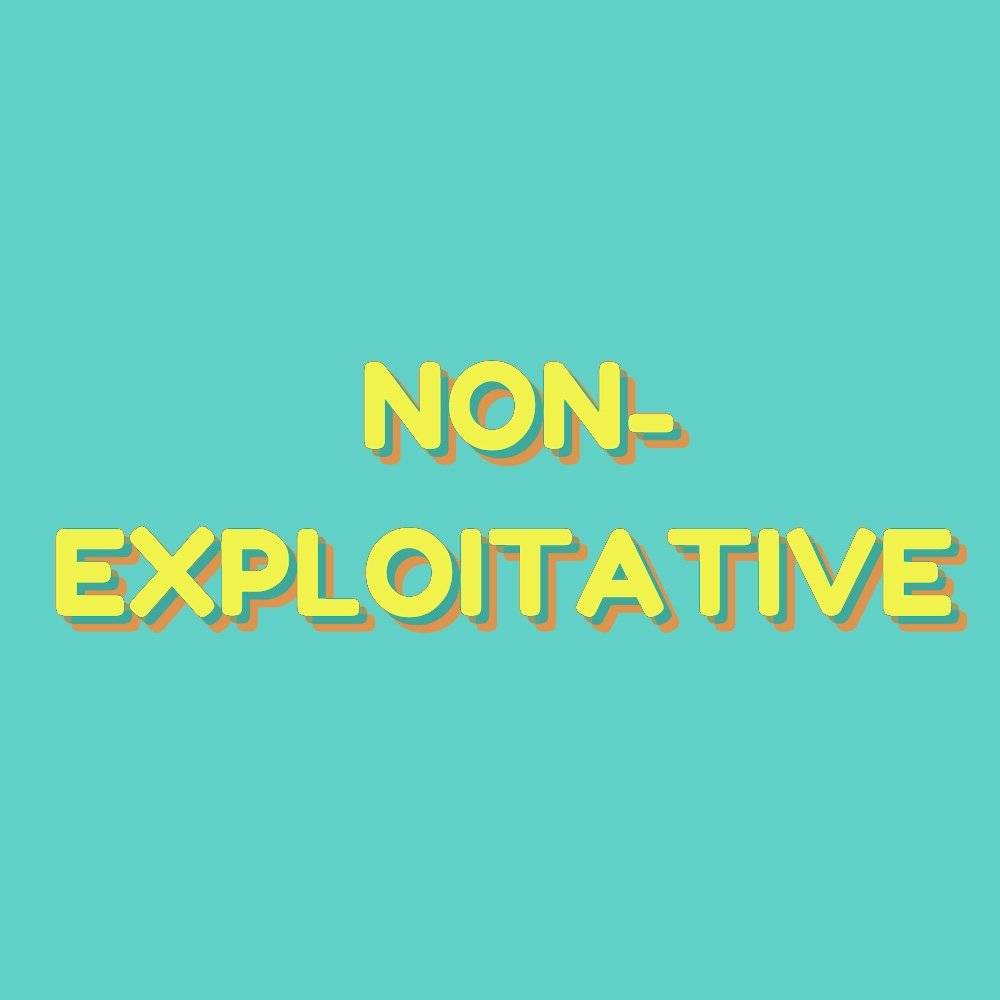Navigating the complexities of a relationship can be challenging. Disagreements, unmet needs, and dwindling intimacy are common experiences, but when these issues consistently strain your connection, it might be time to consider couples therapy. This comprehensive guide will help you understand if couples therapy is the right step for you and your partner, providing clarity and guidance on this significant decision.
What are the Signs You Should Consider Couples Therapy?
Feeling stuck in a cycle of arguments, experiencing emotional distance, or struggling with intimacy are all potential indicators that couples therapy could be beneficial. Relationship problems often manifest as communication breakdowns, unresolved conflicts, and a general lack of connection. These issues can stem from various sources, including differing expectations, unresolved past traumas, or external stressors impacting your relationship. Identifying these warning signs early can significantly improve the chances of a successful intervention. Common signs include persistent disagreements, criticism, contempt, defensiveness, and stonewalling (the four horsemen of relationship conflict). If you recognize these patterns in your interactions, seeking professional guidance could provide the tools you need to navigate these difficulties and rebuild your connection. Considering marriage counseling or seeking help for trust issues could be transformative.
How Can Couples Therapy Help Strengthen My Relationship?
Couples therapy offers a structured environment to address underlying relationship issues, promoting healthier communication patterns, and improving conflict resolution skills. Through guided sessions, couples learn to identify and understand their individual contributions to relationship challenges. The therapist acts as a neutral facilitator, guiding open and honest discussions. Techniques like active listening and empathy-building exercises help foster mutual understanding and respect. Addressing trust issues, anger management, and improving forgiveness are all common focuses within therapy. This process helps to create a stronger foundation for intimacy and emotional connection, leading to a more fulfilling and stable partnership. Couples can learn how to effectively navigate disagreements, reduce conflict, and build stronger, more resilient relationships. Ultimately, couples counseling or relationship coaching can help couples to foster emotional healing and deeper intimacy.

What Types of Issues Can Be Addressed in Couples Therapy?
The scope of issues addressed in couples therapy is surprisingly broad. While communication problems and conflict resolution are central themes, many other relationship challenges can be successfully navigated through therapy. Infidelity, financial difficulties, parenting issues, and the complexities of blended families are all commonly addressed. Even seemingly insurmountable problems like differing life goals or differing values can be explored and productively negotiated with the help of a skilled therapist. Couples therapy provides a safe space to discuss sensitive issues, offering strategies to overcome obstacles and work collaboratively toward a more harmonious future. Addressing these challenges proactively helps solidify the bond and build lasting resilience.
How Do I Choose the Right Couples Therapist?
Selecting the right couples therapist is crucial for a successful therapeutic experience. Begin by considering their qualifications and experience. Look for licensed professionals with expertise in the specific challenges you are facing. Just as critical are their communication skills and emotional intelligence. You want a therapist who can create a safe and comfortable environment for open communication and who demonstrates an understanding of your unique relationship dynamics. Research therapist profiles, read reviews, and consider scheduling introductory consultations to assess compatibility and comfort level. Choose a therapist whose approach aligns with your values and therapeutic goals. Ensuring a good fit with your therapist is vital for the effectiveness of therapy.
What Can I Expect During Couples Therapy Sessions?
Couples therapy sessions typically involve open dialogue, facilitated by the therapist. The format varies depending on the therapist's approach, but generally involves active listening, identifying problematic patterns, and collaboratively developing strategies for positive change. Expect to engage in discussions about your relationship history, current challenges, and individual needs. Sessions might include structured exercises, role-playing, or homework assignments to reinforce what you learn in the therapy setting. Preparation involves coming to sessions with an open mind and a willingness to engage in honest self-reflection. Remember, success in couples therapy relies on the commitment and active participation of both partners.
Are There Alternatives to Couples Therapy?
While couples therapy is often highly effective, alternative approaches can complement or even serve as a viable option for some couples. Individual therapy can address underlying personal issues contributing to relationship difficulties. Self-help resources, such as books and workshops, offer guidance on communication and conflict resolution skills. Online courses and relationship coaching can provide targeted support. Couples retreats or weekend workshops offer intensive relationship-focused experiences. The choice of approach depends on the nature of the challenges and the couple's preferences and resources. A combined approach, using both individual and couples therapy, can sometimes be particularly beneficial.
Top Signs You Need Couples Therapy:
- Communication problems Continuous arguments Lack of intimacy Unrealistic expectations Emotional disconnect
Success Stories from Couples Therapy
Many couples have shared positive experiences with couples therapy, reporting improved communication, increased intimacy, and a stronger sense of connection. These testimonials highlight the transformative power of professional guidance in navigating relationship challenges and rebuilding trust and understanding. These stories underscore the potential for positive change and the value of seeking professional help when facing difficulties in a relationship.

The Role of Cultural Differences in Couples Therapy
Cultural backgrounds significantly influence relationship dynamics and communication styles. A skilled therapist understands these cultural nuances and adapts their approach accordingly. Acknowledging and respecting cultural differences ensures effective therapeutic interventions. Open communication about cultural perspectives is essential for successful therapy, leading to improved understanding and stronger relationships.
Frequently Asked Questions
What are common myths about couples therapy?
A common myth is that couples therapy is only for couples on the brink of separation. In reality, it's a valuable tool for enhancing communication and strengthening relationships at any stage. Another misconception is that couples therapy implies blame or fault. It’s actually about understanding the dynamics and improving them collaboratively.
How long does couples therapy typically last?
The duration of couples therapy varies greatly, depending on individual needs and the complexity https://manuelarnb421.wpsuo.com/find-your-path-to-wellbeing-a-guide-to-psychotherapy-and-therapy-in-2025 of the issues. It can range from a few sessions to several months or even longer. The length of treatment is jointly determined by the therapist and the couple.
Can couples therapy work if only one partner is willing to attend?
While ideally, both partners participate, therapy can still be beneficial if only one is willing. Individual therapy can help the willing partner develop coping mechanisms and address personal issues contributing to the relationship dynamic. However, progress may be limited without the participation of both partners.
What is the cost of couples therapy?
The cost varies depending on factors like the therapist's experience, location, and insurance coverage. Some therapists offer sliding scales based on income. It's advisable to check with insurance providers to determine coverage.
Is couples therapy effective for all types of relationships?
Couples therapy is adaptable to various relationship structures, including heterosexual, same-sex, and blended families. Its effectiveness depends on the couple’s commitment to the process and their willingness to engage actively in sessions.

In conclusion, couples therapy can be a powerful tool for strengthening relationships and resolving conflicts. By understanding the signs, choosing the right therapist, and understanding what to expect, couples can take a proactive step towards building a healthier, more fulfilling partnership. Don’t hesitate to reach out for support; your relationship deserves the investment.